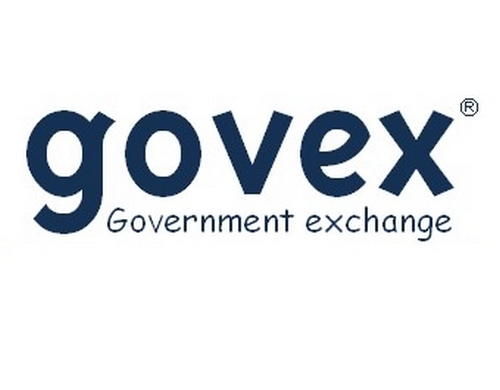Increasing the impact of public investment through efficient and professional procurement

Pexels / Pixabay
To strengthen the Single Market and as part of the continuous effort to stimulate investment in the EU, today the Commission has put forward an initiative to carry out procurement more efficiently and in a sustainable manner, while making full use of digital technologies to simplify and accelerate procedures.
Vice-President for Jobs, Growth, Investment and Competitiveness Jyrki Katainen said: "We have put investment centre stage since taking office in November 2014, notably by attracting private capital with the Investment Plan for Europe. Now we want to unlock the full potential of public procurement in ensuring that the €2 trillion spent yearly in public services and products boost our economy, spur innovation and help meet sustainability goals.
Elżbieta Bieńkowska, Commissioner for Internal Market, Industry, Entrepreneurship and SMEs, added: "We encourage public authorities to use public procurement strategically as a tool to obtain better value for taxpayers money and to contribute to a more innovative, sustainable, inclusive and competitive economy. The Commission will continue to assist Member States in doing so, and invites public authorities at all levels of government and other stakeholders to work in a broad partnership."
Today's initiative has four main strands:
- Definition of priority areas for improvement –Member States are encouraged to develop a strategic approach to procurement policies, focusing on six priorities: greater uptake of innovative, green and social criteria in awarding public contracts; professionalisation of public buyers; improving access by SMEs to procurement markets in the EU and by EU companies in third countries; increasing transparency, integrity and quality of procurement data; digitisation of procurement processes; and more cooperation among public buyers across the EU.
- Voluntary ex-ante assessment of large infrastructure projects – Complex projects can go wrong right from the beginning if the project managers do not fully grasp the complex rules that apply to large-scale procurement. The Commission will set up a helpdesk that can answer specific questions at an early stage related to projects with an estimated value over €250 million. For projects of high importance for the Member State concerned or with a total estimated value above €500 million, relevant authorities can ask the Commission to check the complete procurement plan for compatibility with the EU procurement legislation, significantly reducing uncertainties and the risk of delays and legal challenges. The mechanism is voluntary, the Commission's advice is non-binding, and information will be handled subject to strict confidentiality requirements.
- Recommendation on professionalisation of public buyers – The Commission recommends steps to be taken by Member States to ensure that public buyers have the business skills, technical knowledge and procedural understanding needed to comply with the rules and make sure that taxpayers get the best goods and services for their money. The Commission will facilitate the exchange of good practices and innovative approaches.
- Consultation on stimulating innovation through public procurement – Today the Commission is launching a targeted consultation to collect feedback from stakeholders on how to stimulate innovation through the procurement of goods and services. Procurement of innovation may concern the outcomes of innovation as well as innovative ways of purchasing. The consultation is open until 31 December and will feed into future guidance for public authorities, addressing issues such as how to set a strategy, organise support for innovation procurement or use innovation-friendly procurement tools.
The Commission will continue to support Member States in making full use of the possibilities offered by the new public procurement rules and looks forward to building a partnership with authorities and stakeholders to improve procurement on the ground.
Background:
The EU is making an unprecedented effort to stimulate the economy and unlock investment, in particular via the Investment Plan for Europe, and a positive fiscal stance in the European Semester. These policies need to be underpinned by structural reforms to foster innovation and growth. It is therefore crucial to focus on improving the functioning of the Single Market and the removal of barriers to investment, at the national and European level.
A substantial part of public investment in our economy is spent through public procurement: €2 trillion yearly representing 14% of EU GDP. Ensuring that this taxpayer money is spent efficiently and effectively is of common European interest.
EU public procurement legislation requires all public contracts above a certain threshold to be put out for tender respecting the principles of transparency, equal treatment and non-discrimination. These rules were further simplified in 2014. Rather than only award a contract on the basis of the best price, authorities are encouraged to integrate qualitative criteria, demand innovative, energy saving solutions or insisting on sustainable and socially inclusive approaches.
The Commission continues to closely monitor the transposition of EU public procurement legislation into national law, and to help public authorities understand and take full advantage of the possibilities of public procurement.
In parallel, as announced in the Industrial Policy Strategy, the Commission continues to strive to conclude ambitious procurement chapters in free trade agreements, helping EU companies to sell abroad. There is an urgent need to unlock the current stalemate in the Council with regard to the Commission's proposal for an International Procurement Instrument swiftly.
Source : European Parliamant




Vous devez être connecté pour poster un commentaire.